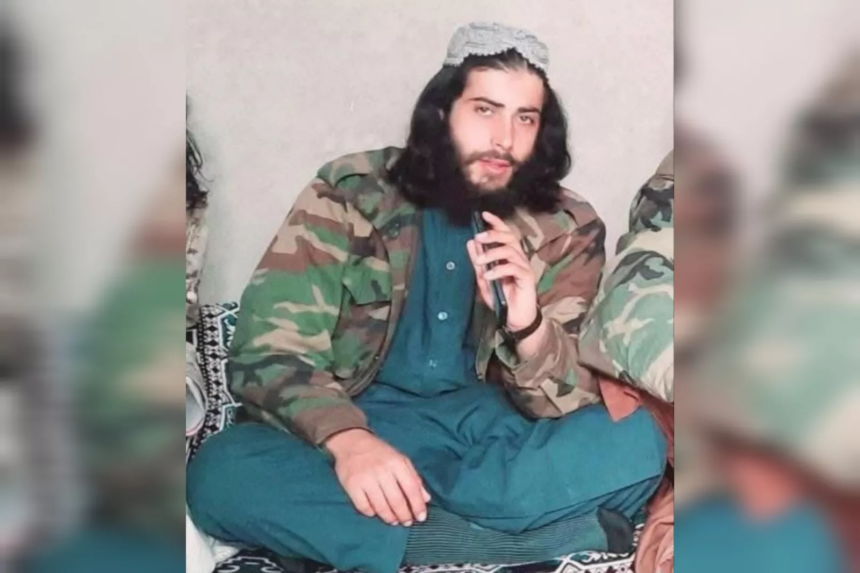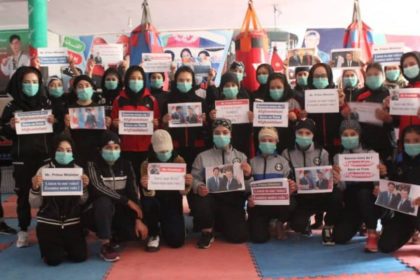RASC News Agency: Local sources in Logar province report that Imranuddin, widely known as “Hijran,” the Deputy Director of Criminal Investigation at the Taliban’s Kabul Police Command, has been repeatedly arrested on grave criminal charges only to be released under suspicious circumstances. Despite a record marred by violent offenses, including highway robbery and moral corruption, he appears to enjoy protection from senior Taliban officials, enabling him to routinely escape legal accountability. The most recent episode involving Hijran occurred on Wednesday, April 3, in the Baraki Barak district of Logar. According to eyewitnesses, he physically assaulted local residents and opened fire, spreading fear and unrest among the population. Witnesses claim Hijran blatantly exploits his position to terrorize civilians, while Taliban leadership remains conspicuously silent.
Despite numerous criminal cases filed against himcincluding allegations of armed theft and egregious moral misconduct sources say Hijran has remained untouched, thanks to the patronage of several influential Taliban officials. Among his reported backers are Mawlawi Hashim, Deputy Police Chief of Logar; Mawlawi Motmain, Deputy Mayor of Baraki Barak; Mawlawi Abdul Baqi Haqqani; and Mawlawi Omar, the district’s Deputy Intelligence Chief. Their continued support has reportedly shielded him from any form of judicial scrutiny. Outraged residents emphasize that under the Taliban regime, justice is selectively applied rigorously enforced against the powerless, while those aligned with authority are spared, regardless of their crimes. This double standard has deepened public disillusionment and eroded what little trust remains in Taliban governance.
The incident has reignited serious questions surrounding the Taliban’s repeated vows to uphold “Islamic justice” and combat corruption. Given the unchecked abuses perpetrated by its own commanders, many Afghanistanis have grown increasingly critical of the regime’s failure to deliver on promises of legal reform, human rights, and social equity. In light of these recurring violations, the question now looms larger than ever: Can the Taliban truly reform itself or is its rule destined to remain synonymous with impunity and oppression?






